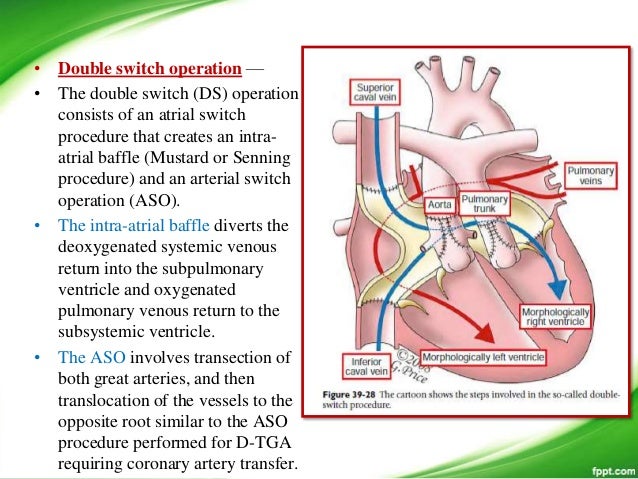On post op days 4 and 5, Nicholas has had multiple things to check off during the day. He has been working really hard to clear a bunch of mucous out of his lungs, and that entails using an incentive spirometer, walking, and coughing. Because he has had a lot of mucous trapped deep in his lungs, he has been coughing, which leads to gagging, which leads to heaving and vomiting, which leads to a rapid heart rate, and that has been the biggest challenge for the moment.
Every step he takes on his own, his body gets stronger and the mucous loosens up and he can breathe better. His goal is to get out of the room and walk around the unit 4 times per day. So far he has reached that goal and he's looking more like his old self with each new day.
Nicholas has lost some weight, much of that is due to the gagging and dehydration. He doesn't have a lot of wiggle room to begin with, so he's looking really thin. He is afraid to take his medicine, thinking that it will induce the gagging, and so it has been somewhat harder to get him to drink and eat and take the meds. Hopefully he is starting to get over that cycle and he will start keeping everything down.
On day 4 we had the Chinese family on the other side of the room I mentioned before. Part of the reason I haven't updated is because the little heart warrior was literally up. all. night. long. talking to himself. From what I could gather, he was hallucinating and manic and not making sense to his parents. Sadly, one of the hardest obstacles for them was the language barrier. The hospital doesn't have a nurse or practitioner who speaks Mandarin, so communicating was next to futile. They could call remote translators on the computer monitor, which is good for them, but for us, it was very disruptive and loud and hard to be on the other side of the curtain. I haven't felt so exhausted up to that point. I have a lot of compassion for them because he reminded me of when Nicholas had the paradoxical reaction to Ativan after his 3rd surgery. Only the poor little boy next door did not come back to being his normal self and after multiple satellite translators and different teams trying to figure out what was going on with him, they moved the family in the middle of the second night.
On day 5, it was very similar to the previous day, except that the plan was to take out Nicholas's chest tubes at the end of the day if he was able to get rid of some excess fluid. Nicholas was very anxious for this to happen because it hurts extremely bad, but the amount of pain he feels will be reduced to almost nothing. They gave him a cocktail of Versed to give him amnesia and Morphine to help ease the pain of the removal. The time came for this to happen, and they took Nicholas into a 'treatment room'. Lorenzo helped the Child Life Specialist keep Nicholas distracted, and I watched them first remove the pacer wires; then they removed the chest tubes.

The chest tubes were probably each about 15 inches long, and they wrap around inside the abdominal cavity, providing an exit for all the fluid used during surgery and all the excess fluid a person retains after surgery. Nicholas has never had two tubes before; so I stand to reason that he has been twice as uncomfortable this time around. When the NP got ready to pull them out, she literally wrapped the outside ends around her hands and got right over the top of him and pulled, almost like doing an exercise machine. She had to pull hard to get them out of there. Our nurse was standing by, keeping the holes closed as the NP pulled, so that air did not get inside his abdomen. They sutured the holes up, covered them with sterile gauze, and covered it with a dressing. Needless to say, Nicholas feels much better since they've come out.
After the chest tube removal, we had to have another chest xray to confirm there is no air in the abdomen. A few more walks around the unit and that concluded the day.
Nicholas is making such good progress. We continue to pray that he will have good heart function and that he will continue to feel more energetic with each day.










